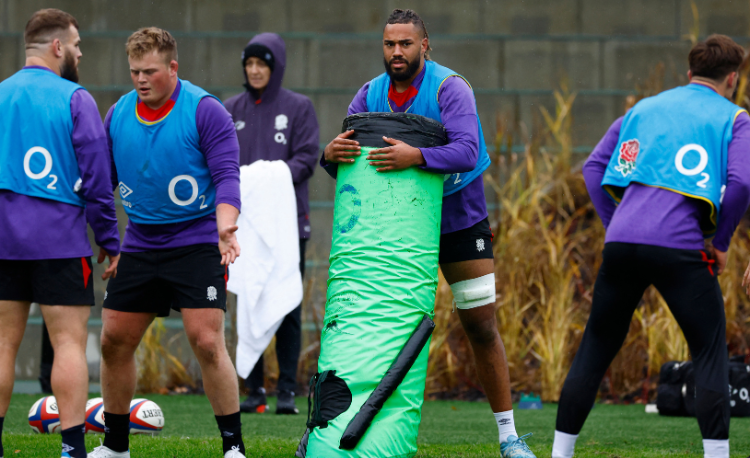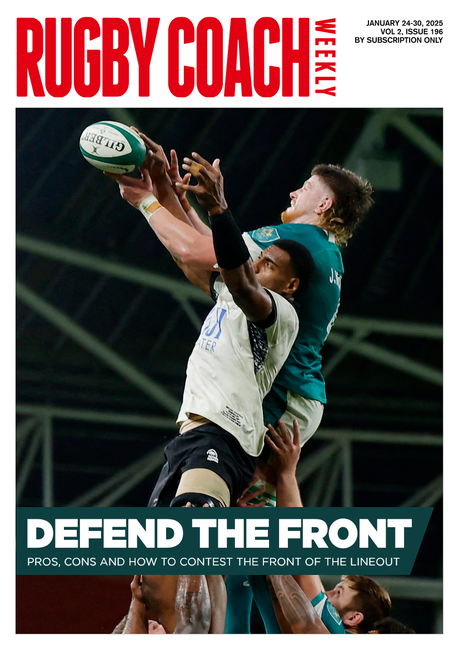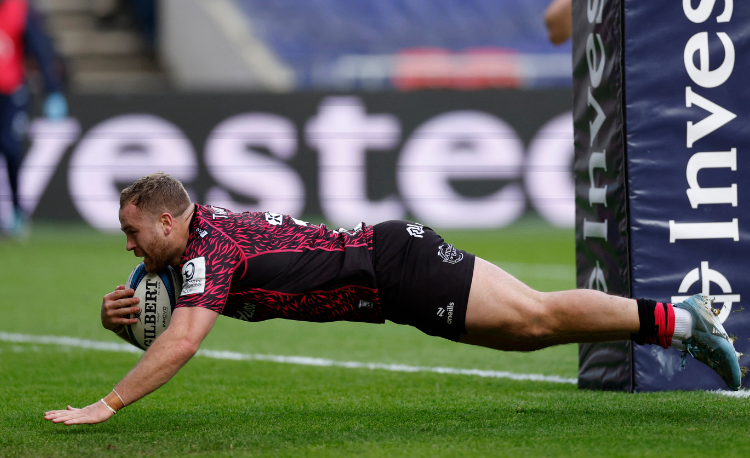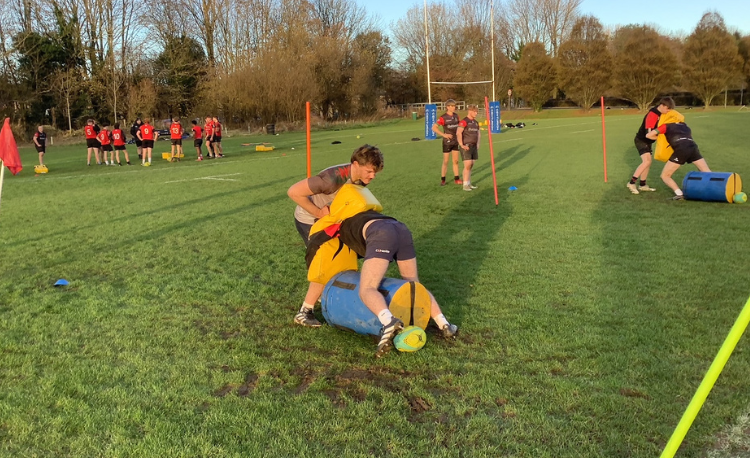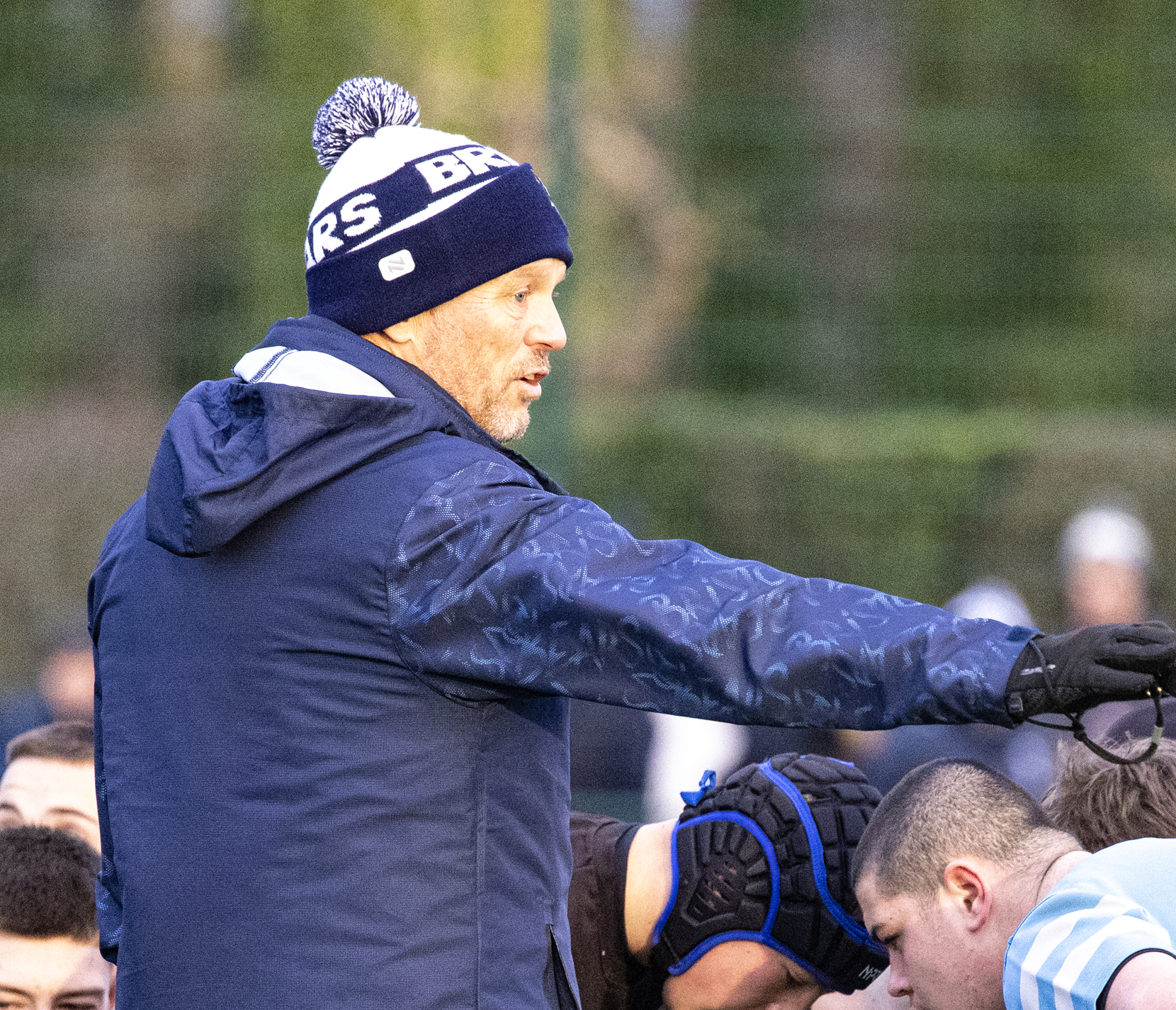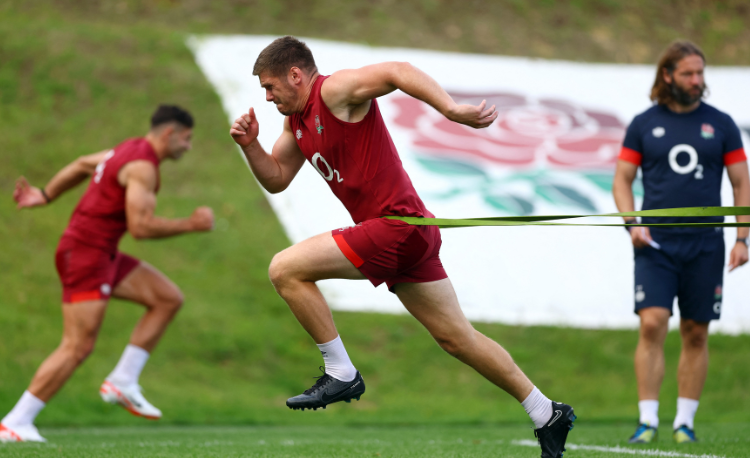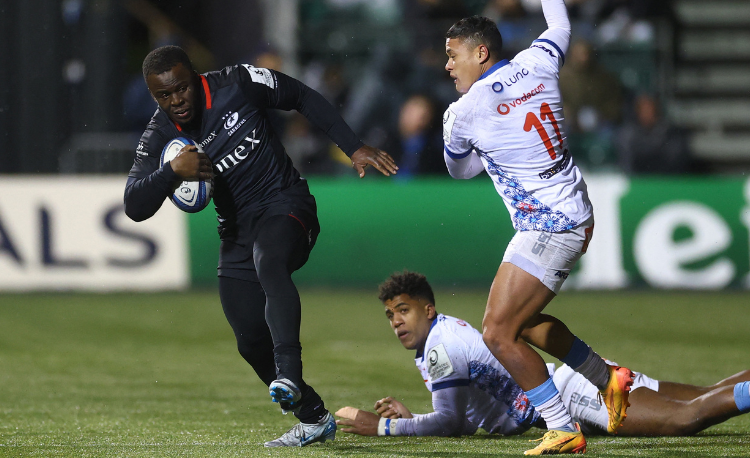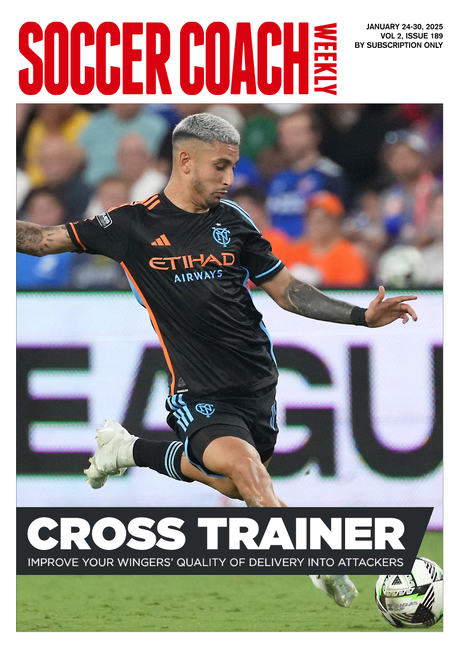Coach with a focus and reap rewards
Tom Brocklebank offers a practical guide to structuring effective sessions.
As a coach, your ability to both identify what your team needs, and guide them to improve, is vital to players’ success and enjoyment.
This brief guide outlines a structured approach to planning, and delivering, focused, impactful rugby union training sessions.
Before the session
1. Identify needs
Reflect on your team and players, and choose a single focus area:
- What are your strengths and weaknesses?
- Are there recurring areas for improvement, such as defensive alignment, catch-pass ability, etc?
- Is there something your team does well, but that you want them to get better at?
2. Select a coaching point
Use a one- or two-word phrase you will use during your session to quickly remind your players of the focus, and something to link your feedback to. For example:
- If defensive line speed is a concern, you could use "line speed”
- If they catch the ball close to their body, you could use “early catch”.
3. Plan the session
Design a progression of activities that revolve around your coaching point. Ideally, these activities will be short and in small progressions. For example:
Defensive line speed:
- 2v1, focusing on a single defender closing space early
- Repeat with a 3v2, then increasing player numbers
- Attack v defence with equal-numbered teams, so the defence’s main focus is their line speed, rather than who to mark or overloads.
Early catch:
- Four passing in a line (challenge by reducing the distance the passes need to be completed in)
- 3v1
- Increase player numbers
- Attack v defence, with an overload on the attacking team to encourage passing along the line to get it wide.
During the session
1. Introduce the coaching point with a demonstration
- Begin by explaining the focus using one or two key words that players can remember easily ("line speed" or "early catch")
- Show players what success looks like. Ask some of them to demonstrate the skill or concept, ensuring everyone sees the expectations clearly, and highlight how what they see links to the coaching point. In our examples, they would be: "Line speed": A line of defenders moving forwards quickly and staying straight. "Early catch": Receiver’s hands being as close to the passer as possible.
2. Check for understanding
Ask targeted questions, such as "What does good line speed look like?", or "Why should we catch early?”.
3. Focus on the coaching point
Stick to your coaching point throughout the session. If unrelated mistakes occur, make a note, but don’t address them now.
4. Provide feedback
Highlight moments where players:
- Don’t meet expectations: “Remember, early catch so you have more time.”
- Do meet expectations: “That early catch gave you the time to make a great pass.”
Conclusion
Having a clear, planned area that your team can focus on will help them to improve.
It will reduce the chances of your players becoming overwhelmed by worrying about too many aspects of the game – and it makes it easier for you to coach, as you have an area to concentrate on during training that you can link your feedback and questioning to.
Related Files
Newsletter Sign Up
Coaches Testimonials

Gerald Kearney, Downtown Las Vegas Soccer Club

Paul Butler, Florida, USA

Rick Shields, Springboro, USA

Tony Green, Pierrefonds Titans, Quebec, Canada
Subscribe Today
Be a more effective, more successful rugby coach
In a recent survey 89% of subscribers said Rugby Coach Weekly makes them more confident, 91% said Rugby Coach Weekly makes them a more effective coach and 93% said Rugby Coach Weekly makes them more inspired.
Get Weekly Inspiration
All the latest techniques and approaches
Rugby Coach Weekly offers proven and easy to use rugby drills, coaching sessions, practice plans, small-sided games, warm-ups, training tips and advice.
We've been at the cutting edge of rugby coaching since we launched in 2005, creating resources for the grassroots youth coach, following best practice from around the world and insights from the professional game.
